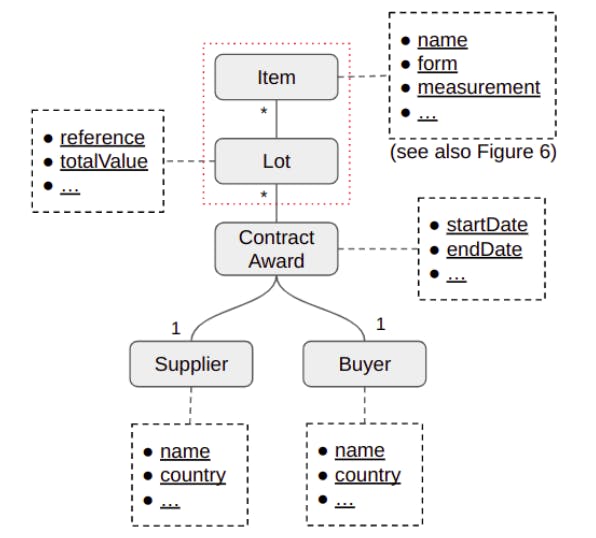Stepparent adoption in Washington State solidifies the bond between stepparent and stepchild. It requires consent from the non-custodial parent and finalization in court. This process helps recognize the established family relationship post-adoption. Engaging an experienced attorney, such as Christina T. Sherman, can help overcome the complexities of Washington’s adoption laws and ensure a smooth and legally sound process.
Benefits of Stepparent Adoption
Stepparent adoption provides various benefits to both the child and the family. Legally formalizing the parent-child relationship after the adoption process will give the adopted child security and stability. The legal proceedings and court order will ensure that the adopted child will have the same rights and protections as biological children, providing a sense of security and reassurance to the family.
Stepparent adoption not only simplifies legal issues like inheritance, custody, and decision-making but also strengthens the emotional bond between the stepparent and the child. This emotional connection provides the child with a profound sense of belonging and identity within the family, fostering a warm and loving environment.
Legal Requirements for Stepparent Adoption
Stepparent adoption occurs when the spouse of a child’s biological parent adopts the child, giving them the same legal rights and responsibilities as a biological parent. There are three essential legal requirements in Washington regarding stepparent adoption –
The court’s primary concern is the child’s best interests. When the child is under 14 years old, the court will consider factors like the child’s relationship with the stepparent, home environment, and the child’s wishes before giving any judgment regarding adoption. If the child is 14 or older, they must consent to the adoption. In both the cases, an adoption attorney can help ensure the child’s preferences are respected.
- Non-Custodial Parent Consent
The non-custodial parent’s rights must be immediately terminated by court order after the adoption process. This typically requires voluntary consent from the non-custodial parent, but in some cases, the court may terminate their rights involuntarily. The termination is often based on evidence of neglect, abandonment, or unfitness with respect to child care.
- Background Check for Adoptive Parents
Washington State typically waives the requirement for home studies and background checks if the child has been living with the stepparent for a significant period. However, courts may still require these evaluations in certain circumstances, and an adoption attorney will guide their clients through the procedures for the same.
Process of Stepparent Adoption
The stepparent adoption process involves specific legal actions and requirements. An adoption attorney helps the client file the adoption petition, a court-filed document outlining the adoption details for the child, stepparent, and non-custodial parent.
The adoptive parents should obtain consent from the non-custodial parents to terminate their existing parental rights. The consent can be legally bound by obtaining a court order that clearly defines the termination of their rights.
Both parties should attend court hearings with their respective attorneys. Hearings are scheduled to review the adoption and assess the best interests of the child after considering the evidence presented by the adoption attorneys.
The stepparent becomes the child’s legal parent after the court obtains the final decree of adoption. This decree is a formal court document that legally recognizes the adoption. Thereafter, the child’s birth certificate is updated, and the family can proceed with post-adoption legal matters.
Stepparent adoption in Washington is a meaningful way to create a legally recognized family unit, offering emotional and legal benefits. An adoption attorney plays a crucial role in stepparent adoption, providing comprehensive legal advice and counseling to families.
Adoption Attorneys help potential stepparents combat consent issues, draft and file legal documents, and represent the family in court. The role of adoption attorneys is to ensure that adoptive families are fully informed and prepared for the adoption process, providing a sense of support and guidance.










